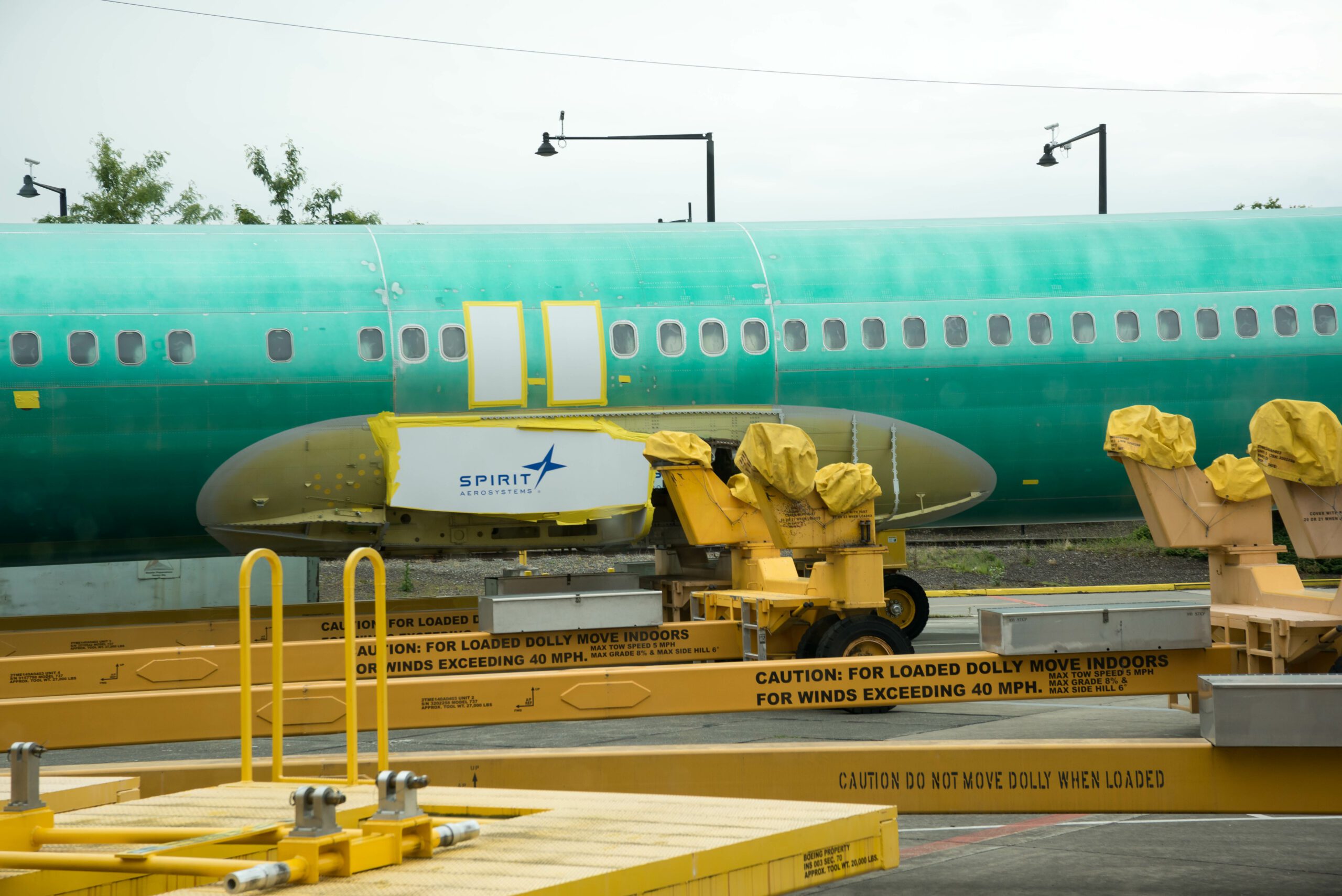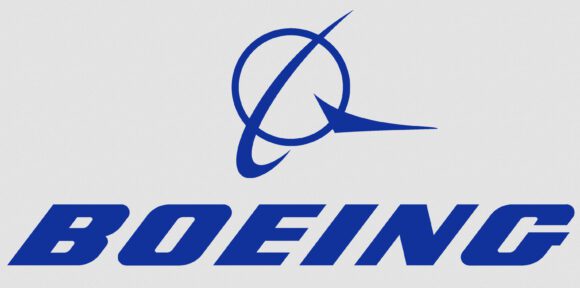
Spirit MAX 1 of 1 scaled
Spirit AeroSystems expects the Boeing 737/MAX tailfin production issue to have at least a $31 million impact on the full-year gross profit. Of this, the Tier 1-supplier incurred $17 million in its Q1 results, but additional costs are likely, the company says. Tailfin issues weigh on Spirit AeroSystems’ profit.
In the Q1 earnings release, Spirit says additional costs “including costs Boeing may assert to repair certain models of previously delivered units in their factory and warranty costs related to affected 737 units in service. The impact will be based on a unit-by-unit analysis. However, the Company cannot reasonably estimate the remaining potential costs at this time.”
The quality issue was discovered only a few weeks ago and has been identified on two of the eight fittings on which the vertical tailfin is positioned on the fuselage of the aircraft. The issue, which has been traced back to aircraft first produced in 2019, affects the 737 P-8A, the MAX 7, MAX 8, and MAX 8200. Boeing said last week in its Q1 earnings call that some 170 aircraft in inventory need rework. Another 500 delivered aircraft could also need the rework, which includes removing the tailfin and some structures to get access to the fittings.
First rework has been completed
During today’s earnings call, CEO Tom Gentile said that “the Company has identified the affected units located in Wichita and has begun implementing repairs to those units.” It includes 35 to forty units in Wichita or sixty percent of all units in production. Repair work on two units out of nineteen units in the stored inventory has already been completed. Another nineteen units are so-called work in progress, of which three have been completed. All new units are built to conforming standards. A dedicated rework factory has been set up for the job.
“The current assessment is that the repair work will be completed on available units in Wichita by the end of July. Spirit has also started to build and deliver new units with the revised process.” Repairs are expected to cost between $100.000 to $150.000 per unit or an aggregate of $5 million. Spirit has stepped up its quality processes to assure parts are meeting specifications.
To help Spirit financially and compensate for the lower cash receipts from lower deliveries, “the company entered into agreements with certain customers to provide cash advances totaling $280 million, based upon certain agreed upon performance criteria, which the Company expects to receive in the second and fourth quarters of 2023. The Company will receive an advance of $230.0 million in the second quarter, $180.0 million of which is from Boeing. These advances will require repayment of $90.0 million in 2024 and $140.0 million in 2025. The Company expects to receive an incremental advance of $50.0 million by the end of the fourth quarter, which will require repayment in 2025.” The cash advances will be included as debt on in Spirit’s balance sheet.
More MAX, fewer A320neo’s
Despite the production issues, Spirit AeroSystems delivered more 737/MAX frames to Boeing: 95 this Q1 versus 60 last year. Together with increased revenues from Defense and Space activities, Q1 revenues were up by 22 percent to $1.431 billion. The consolidated operating loss was $-95 million compared to $-42 million last year, which was primarily driven by higher changes in estimates during the first quarter of 2023 and the absence of income related to the Aviation Manufacturing Jobs Protection (AMJP) Program. The net loss was $-281 million versus $-53 million.
737/MAX deliveries comprised by far the most of those to Boeing, with the 767 on par with Q1 last year with eight shipsets, seven 777s (five in 2022), and six 787s (three). This made 116 deliveries compared to 77 the year before. The 787 program recorded $8 million in abnormal costs caused by higher labor and supply chain costs.
Spirit AeroSystems delivered 176 shipsets to Airbus compared to 194 the year before. The A320neo-family saw 142 deliveries, down from 155. There were thirteen A220 deliveries versus eighteen last year. “The Airbus A220 program forward loss of $80.9 million was driven by increased costs driven by production schedule changes, foreign currency movement, and $46 million of non-recurring supply chain costs.” The remaining $35 million was caused by schedule changes. The program will remain in forward loss through 2025. A330 deliveries were twelve shipsets versus six last year and twelve versus fifteen for the A350, which incurred $18 million in forward losses related to production schedule changes.
Higher rates
Spirit AeroSystems expects the tailfin issue to affect 737/MAX deliveries by thirty to forty shipsets this year, with total deliveries revised to 390-420 shipsets. Lower production will be leveraged by using units that are in inventory. Yet, Spirit has planned two production ramp-ups: the first in August to 38 frames per month and the second in October to 42, in line with the plans Boeing has to get a rate of 38 by the middle of the year, a rate of 40-42 in 2024, and rate 50-52 in 2025-2026. Dreamliner deliveries should total 40-45 this year, unchanged from the previous guidance
Airbus deliveries will include 75 to eighty A220 shipsets this year and 580 for the A320neo-family, which is down 85 on the previous schedule after Airbus revised its plans. “Last year we over-delivered relatively to their deliveries, so we over-delivered. This year, they don’t need so many aircraft. But this can be subject to change,” Gentile said. On the A350, Spirit is aligning with Airbus on the schedule and is on track to meet about sixty shipsets for the year.
Spirit is still confronted with supply chain issues, with a recent problem with an A350 supplier. Gentile expects a gradual improvement of the situation in 2024, but. “overall, the health of our supply chain remains challenging. We continue to account for shortages and one-off issues that we must address if they arise.” He said that good progress has been made on the hiring of new employees as Spirit prepares for the higher 737 rates later this year.
Views: 5




